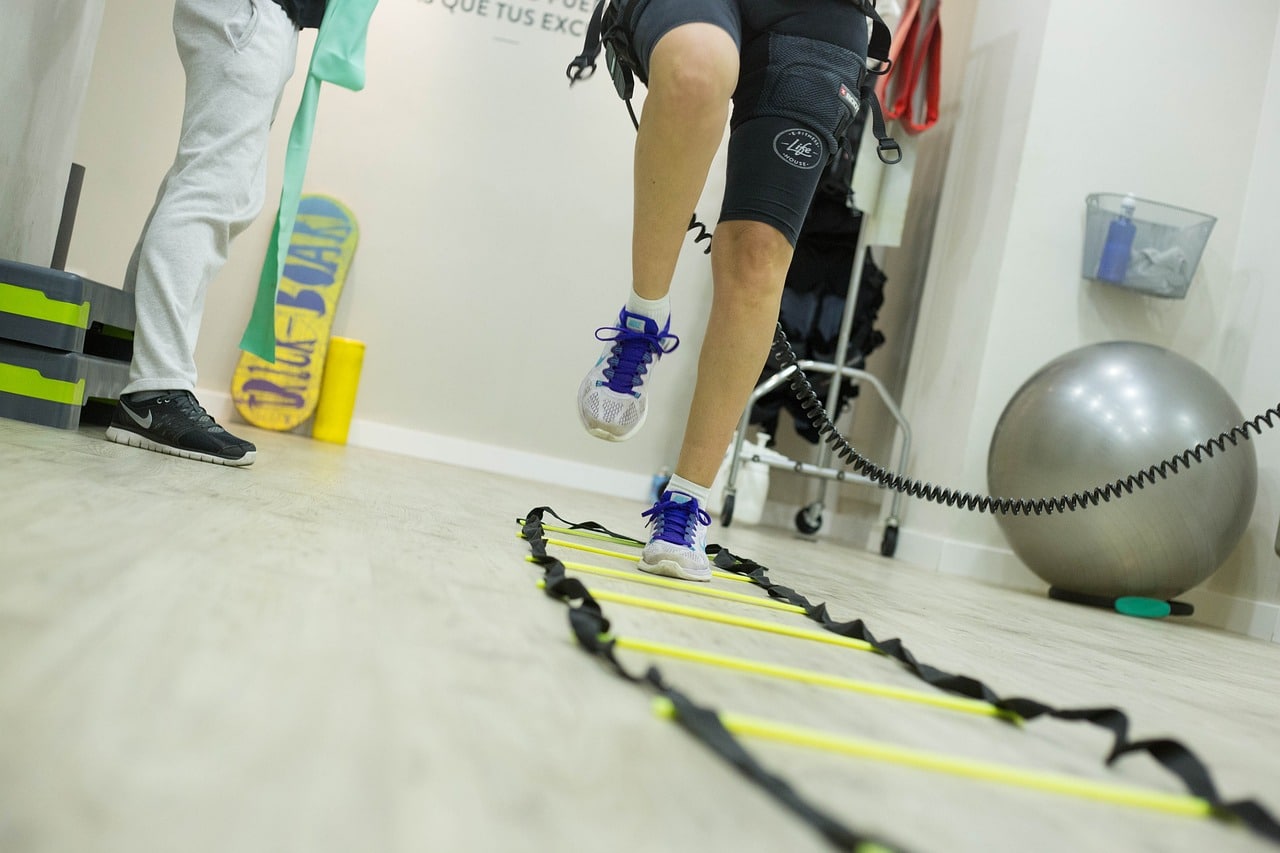The Cyprus Physiotherapists Association will hold two events on September 7 and14, in celebration of World Physiotherapy Day, which is observed annually on September 8.
The events were announced during a press conference at the Journalists’ House on Friday. The association’s head Polyvios Papakyriakou said the focus of this year’s World Physiotherapy Day is on low back pain.
On September 7, the association will host a scientific seminar titled ‘Low Back Pain – Conservative Treatment’ at the European University Cyprus at 10am.
In addition, to mark the 35th anniversary of the profession’s legal recognition, the association will hold a celebratory event for its members on September 14, at the ‘Moonstone’ venue in Choirokoitia. The event will include a blood donation drive, a product exhibition by event sponsors, children’s games, food, drinks, and music. The event will start at 4pm, and entry is free for both events.
Papakyriakou explained that, according to European guidelines, low back pain is defined as discomfort or pain felt between the lower ribs and the pelvis, which may radiate to one or both legs.
Papakyriakou added that the World Health Organisation (WHO) classifies low back pain as the leading cause of physical disability, describing it as a global epidemic. In 2020, over 619 million people suffered from low back pain, a number expected to exceed 843 million by 2050.
He stressed the importance of prioritising the treatment of low back pain and called on governments and national health organizations to work towards solutions.
According to the European Health Survey by the Cyprus Statistical Service, low back pain is the third most common reason for visiting a doctor, following hypertension and hyperlipidaemia.
Papakyriakou said that physiotherapists treat low back pain using specialised mobilisation techniques, physical methods, stretching exercises, and other therapeutic approaches to reduce inflammation and pain.
He added that the latest clinical guidelines suggest regular exercise as the most effective tool for preventing and treating low back pain, warning, however, that exercise programmes should be provided by healthcare professionals only.
Finally, he underlined the importance of education and guidance from physiotherapists to help patients maintain functionality and become productive members of society.







Click here to change your cookie preferences